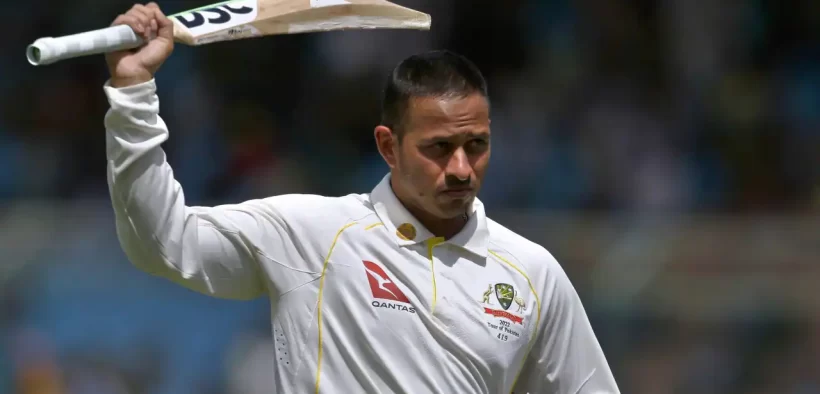Test cricketer Usman Khawaja wants to see Australian cricket have similar levels of multicultural representation at elite level as there is at the local level.
Of all registered club cricketers in Australia, 32 per cent – or 126,500 – were either born overseas or had parents immigrate to Australia, figures from Cricket Australia show.
But Khawaja said Australia had a “very white-dominated cricket team” which was not reflective of the general population.
“Part of it is just showing the world that, because it’s hard for them to see because we have a very white-dominated cricket team.
“Which is funny because that’s not what the general population looks like. It’s not even what the sport looks like.”
Khawaja hopes this year’s Twenty20 World Cup can be the start of highlighting the need to better support the entire demographic of the sport.
Friday marks 100 days to the start of the tournament, where the Pakistan-born Khawaja is a multicultural ambassador.
So far, 85 per cent of tickets have been sold to Australian residents, but a match involving Australia does not feature in the top-four selling games.
‘Where Australia is heading’
“Even when I was younger there were a lot of guys I played with from subcontinent backgrounds,” he said.
“They were there in the system … it’s just about trying to give them the best chance to succeed in the future.”
Of the 464 men to play Test cricket for Australia, he is one of just 26 to have started their lives overseas.
When it comes to players from Asia, that number drops to one of five after Bransby Cooper, Rex Sellers (both India), Stephen O’Keefe (Malaysia) and Dav Whatmore (Sri Lanka).
It’s a situation he is constantly reminded of after being told by fans on the street they now support Australia because they have someone who represents them.
Diversity in coaching
And crucial to that, as far as Khawaja is concerned, is in coaching.
Cricket Australia does not have records on the diversity in its coaching ranks, but the suggestion is it does not meet that of the playing numbers, particularly at an elite or premier cricket level.
“Cricket is one of those games that has a lot of things that are dictated in real life,” Khawaja said.

He said he believed there would always be bias toward individuals but does have hope things will change.
“If you have predominantly white coaches and selectors, they will gravitate naturally to the whiter community,” he said.












